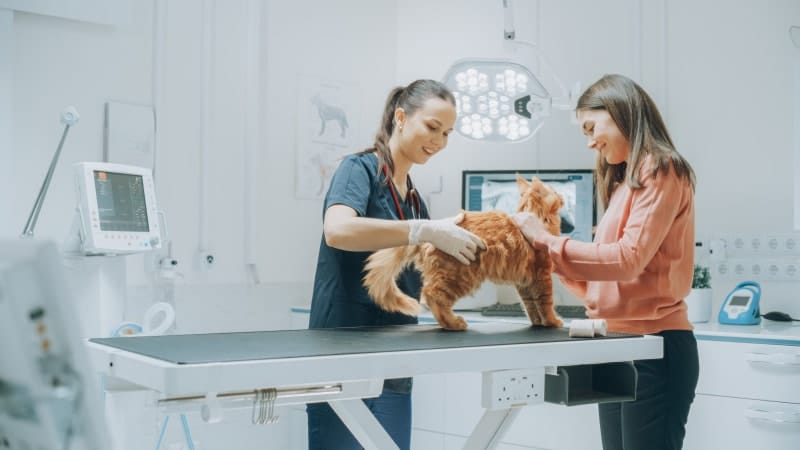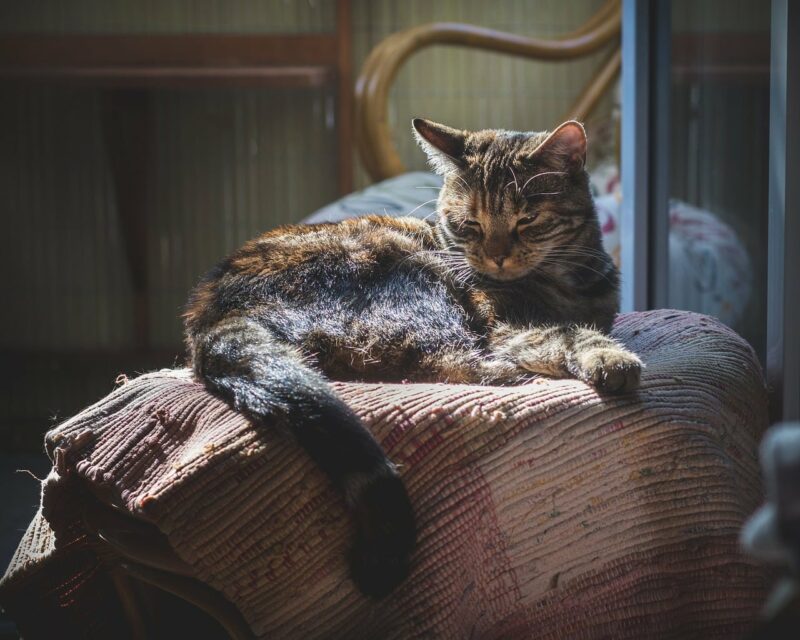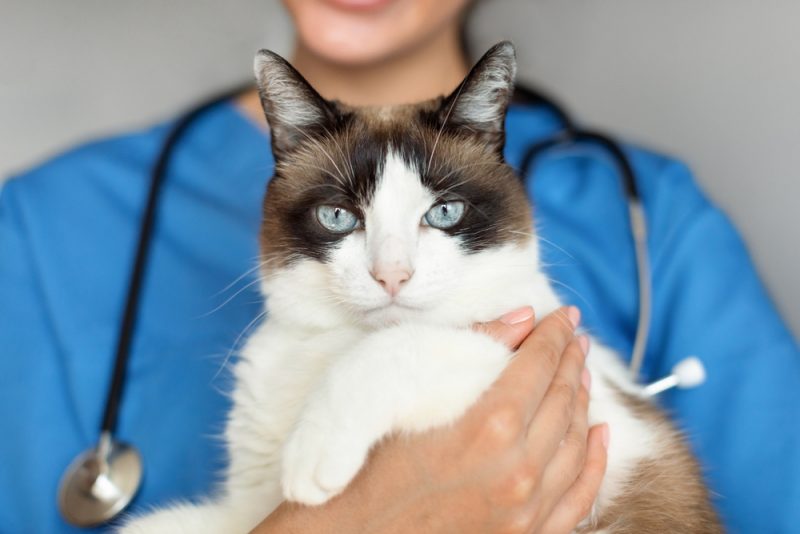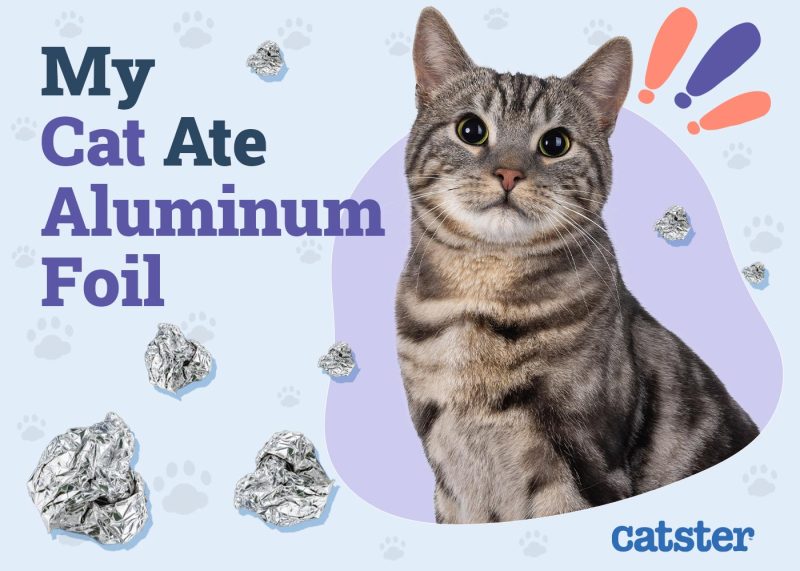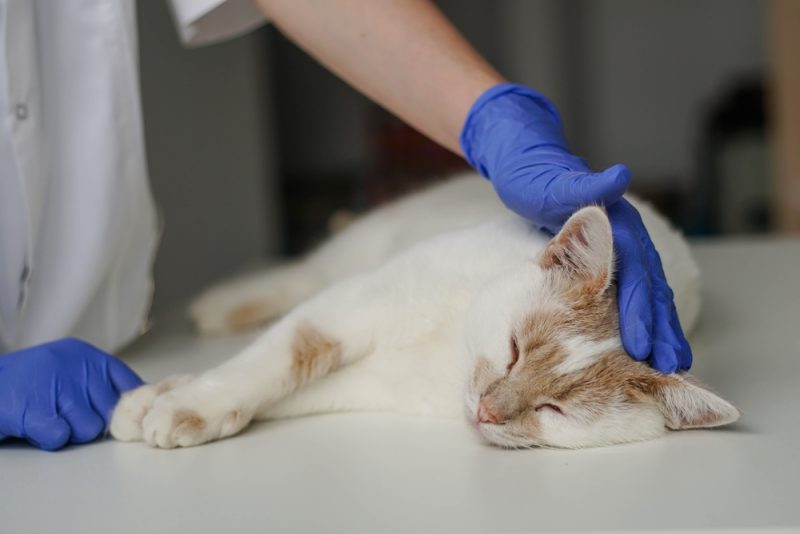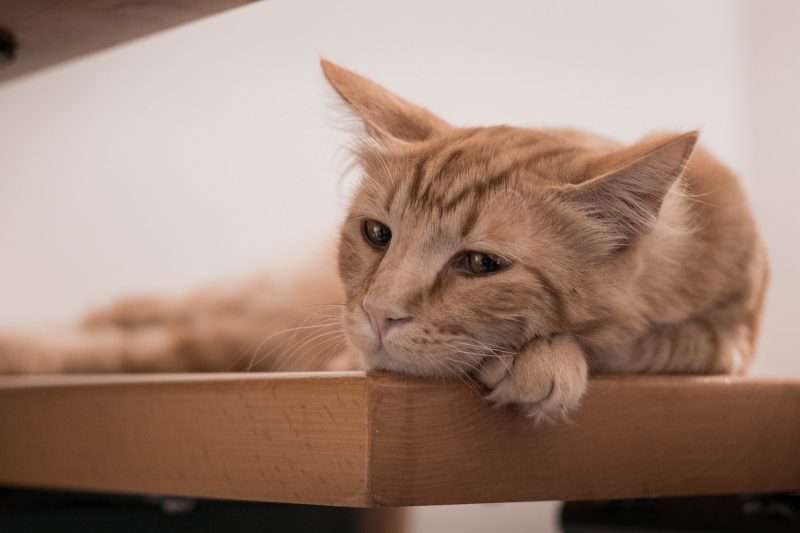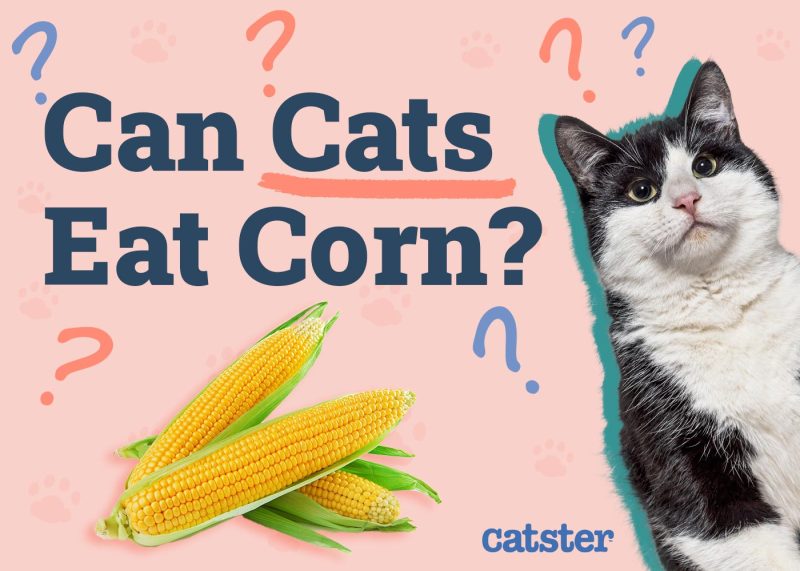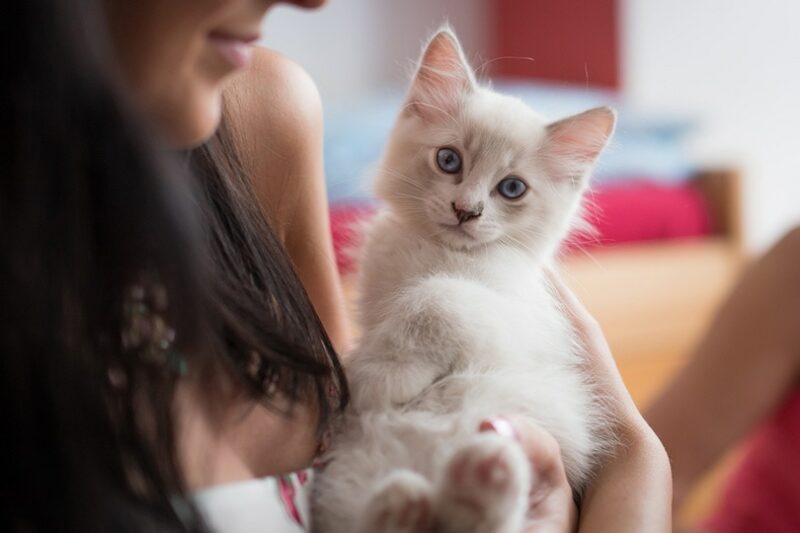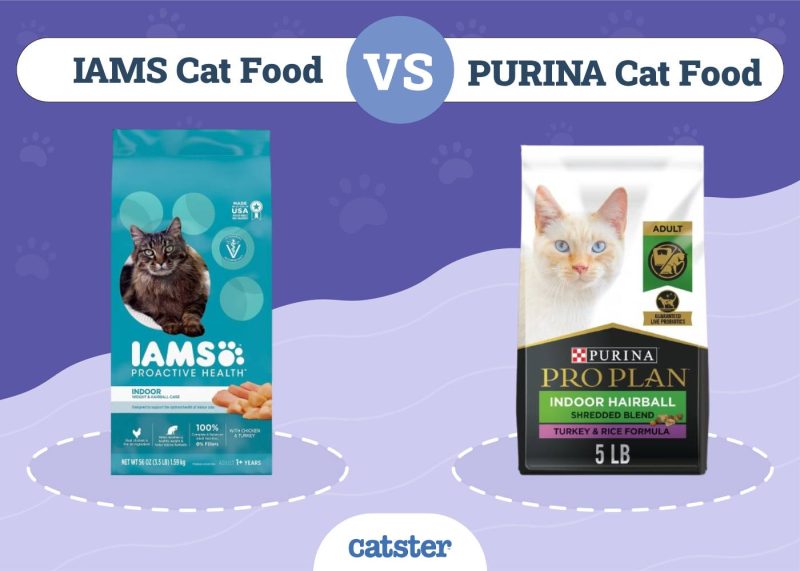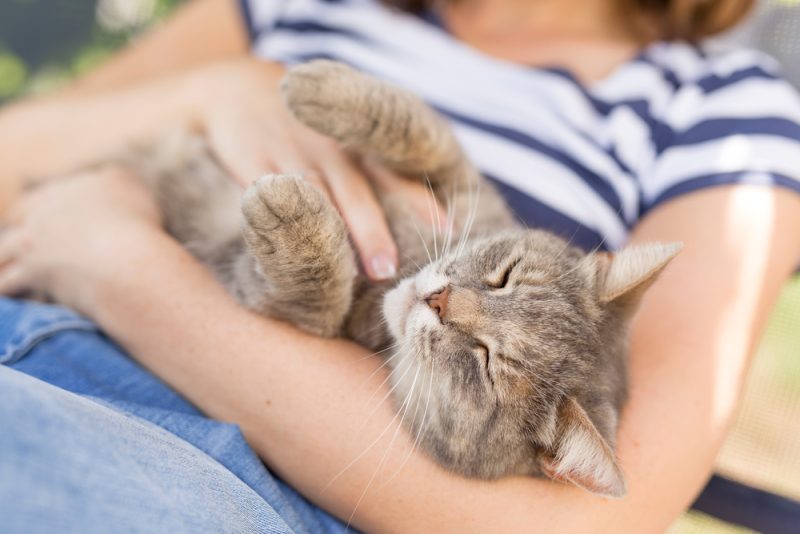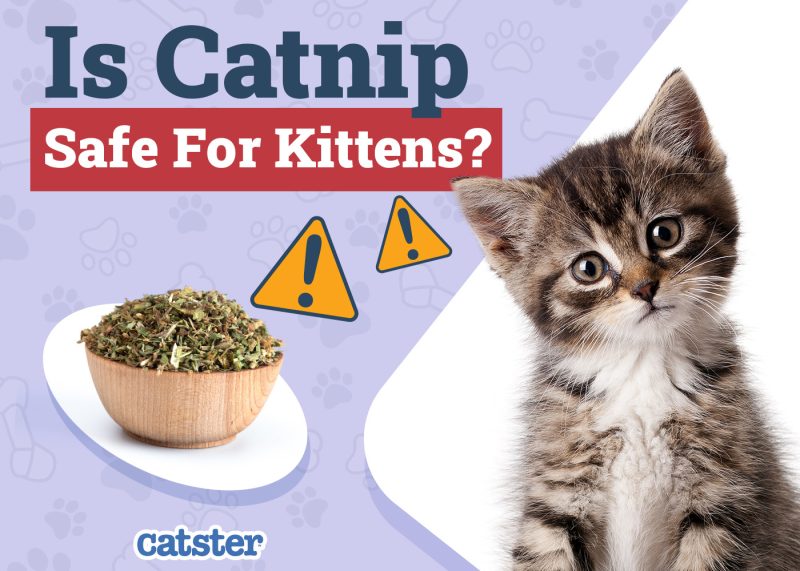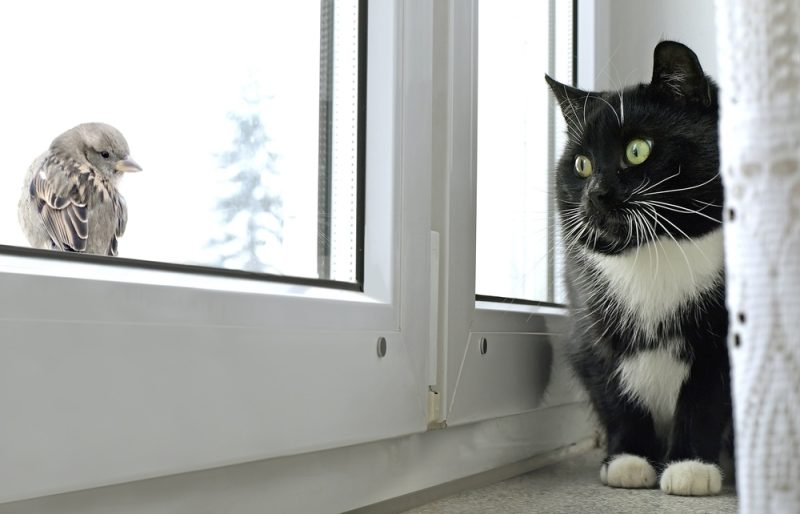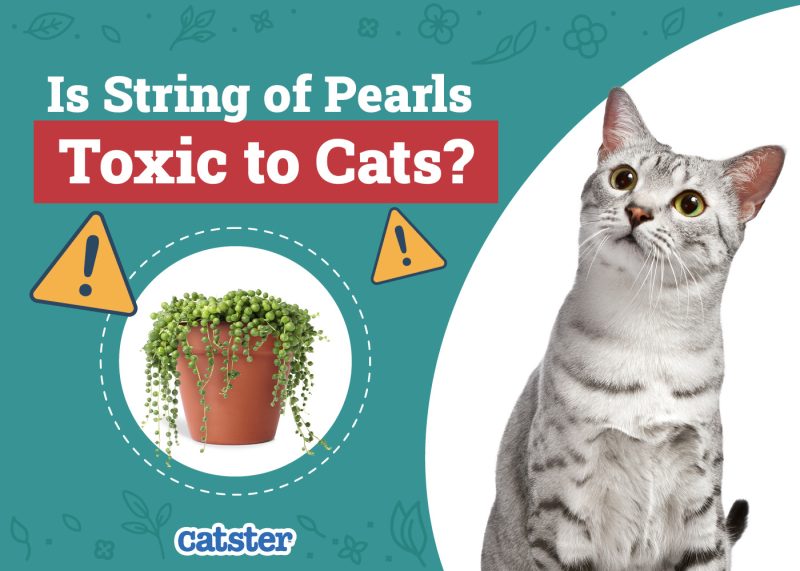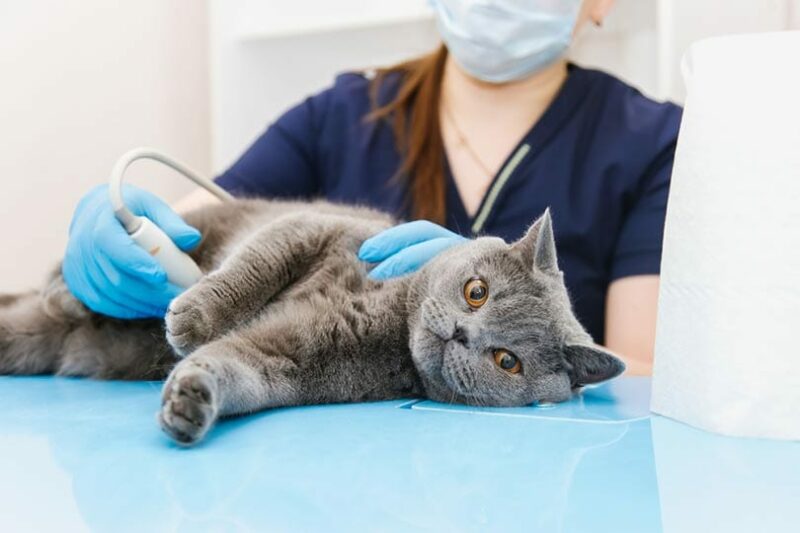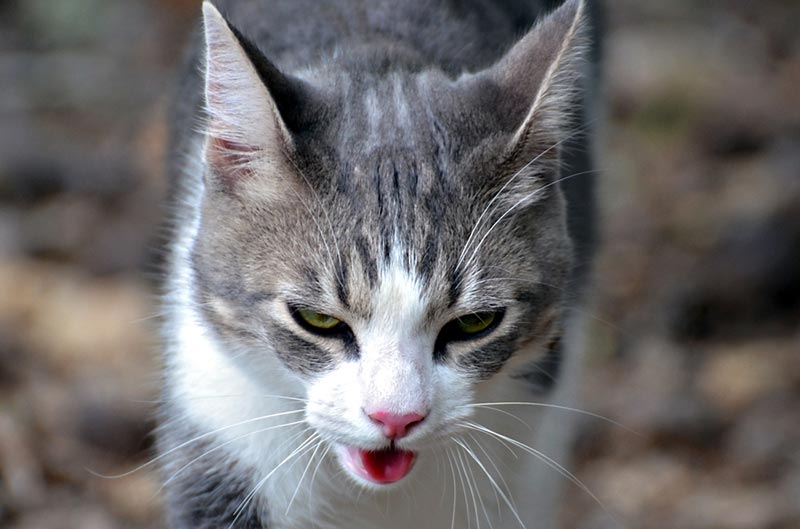Your Maine Coon is a loveable giant of a cat, but you’ve noticed that they seem to favor a hind leg when they’re walking or jumping. You’ll want to consult a veterinarian because it could be hip dysplasia. Let’s take a look at this condition that seems to be more prevalent in Maine Coon cats than in other cat breeds.

What Is Hip Dysplasia?
Hip dysplasia is an orthopedic condition that can affect one or both hip joints. While it tends to be common in dogs, we don’t see it as common in cats. Unfortunately, Maine Coons have higher proportions of the population affected by hip dysplasia than other cat breeds.
The joint we typically refer to as the hip is a ball and socket joint between the head of the femur or thigh bone and the pelvis. The ball, or femoral head, should sit within the acetabulum, or socket, which is roughly cup-shaped.
In cases of hip dysplasia, the ball and socket joint don’t allow a nice, smooth rotation. Instead, the head of the femur may be irregular; the acetabulum may not completely cover the head or another similar malformation. When your cat tries to move, the joint may slip around, sometimes even luxating or subluxating. The bones tend to grind together, which can further worsen the shape of the joint. The cartilage overlying the bone can become destroyed and result in arthritis.
What Are the Causes of Hip Dysplasia in Maine Coon Cats?
There appears to be a genetic component for many cases of hip dysplasia in cats, especially in Maine Coons.
One study analyzed Maine Coons and found that the larger the body type of the cats, the more severe the cases of feline hip dysplasia were. Looking at it another way, as the cats were evaluated over multiple generations and cats were selectively bred, they were able to reduce the severity of hip dysplasia. These cats also tended to be smaller by roughly 33 grams per generation.
Males may be at a higher risk for hip dysplasia than females, which may be attributed to the fact that they tend to be larger overall 1. Hip dysplasia can be unilateral, one-sided, bilateral, or two-sided. Maine Coon cats with bilateral hip dysplasia tend to have worse hip dysplasia than cats with one-sided dysplasia.
Another major factor associated with hip dysplasia across different cat breeds is obesity. This largely preventable weight condition adds extra stress and strain on the joints, particularly the hip joint. Over time, a mild change in the hip joint can become significantly worse.
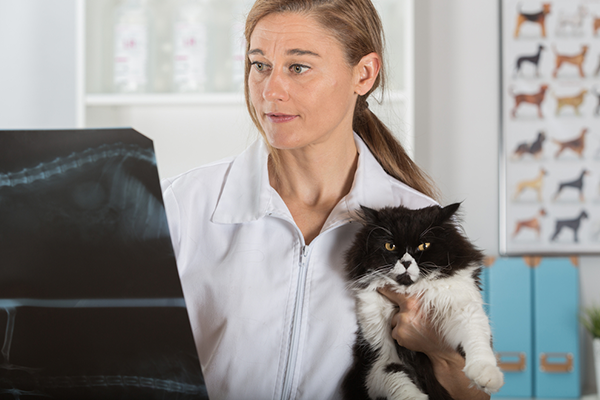

Signs of Hip Dysplasia in Maine Coons
Your veterinarian will need radiographs (X-rays) to diagnose hip dysplasia, but they might suspect it based on the exam. Certain signs suggest that your cat may need these diagnostic images, most notably limping.
Many cats won’t readily show signs of discomfort unless the pain is severe, so you may need to look for other changes. Is your cat reluctant to climb or jump? Are they more likely to sleep on a bed on the floor rather than climb up their cat tree to lounge in the sun by the window?
You might see other signs, such as your cat flinching away from your touch when you pet near their hips. Some cats are so painful that they will vocalize or become aggressive.
Some painful cats also lick or chew at the painful area on their body. If your cat starts to groom more frequently in one area, such as near their hip or tail, speak to the veterinarian about your concerns.
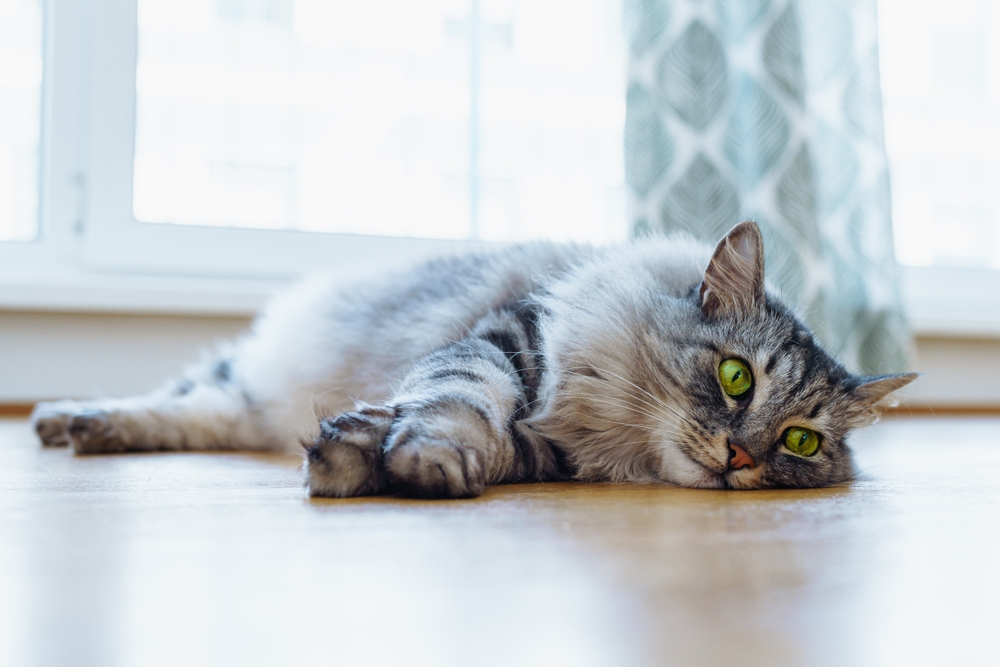

How Do I Care for a Maine Coon with Hip Dysplasia?
When looking for a Maine Coon kitten, look for a breeder that has all their breeding stock checked for hip dysplasia with screening radiographs. While a veterinarian may be able to examine cats for evidence of orthopedic issues such as lameness, hip dysplasia is a diagnosis that needs X-rays to determine.
The most important thing you can do to help alleviate symptoms of hip dysplasia in cats is weight management. Keep your cat at a lean body weight to help minimize further exacerbation and discomfort.
Regular exercise is essential for weight management and helps keep the muscles around the hips strong. If your cat has trouble moving, a veterinarian might suggest rehabilitation therapy. Some cats will even walk on an underwater treadmill with the right motivation!
Supplements
Supplements with glucosamine and chondroitin benefit many arthritic pets and those with hip dysplasia. Cats are no exception. Some brands to look into include:
- Glycoflex
- Cosequin
- Dasuquin
You don’t have to worry about getting your kitty to take a daily pill. Some companies make treat forms of joint supplements for cats. You can also get capsules to open and sprinkle on your cat’s food. Fish oils are often beneficial for cats with hip dysplasia and arthritis discomfort. Stick with a veterinary product that’s formulated for cats.
Need veterinary advice but can't get to the clinic? Catster recommends PangoVet, our online veterinary service. Talk to a vet online and get the answers and advice you need for your cat without having to leave your living room — all at an affordable price!

Medications
Your veterinarian may prescribe pain medication as needed, especially for nasty flare-ups of discomfort. Onsior and meloxicam are non-steroidal anti-inflammatory medications that are often used in cats.
A newer medication to control arthritis pain in cats is Solensia. It’s a once-monthly injection administered in your veterinarian’s office. Adequan, or polysulfated glycosaminoglycans, is another popular medication for managing arthritis. While this injection isn’t explicitly labeled for use in cats, vets commonly utilize it off-label.
Surgery
In some cases, surgery is the only way to help your cat. Hip replacement surgery isn’t as common in veterinary medicine as in human medicine but is utilized in some cases. With this, the ball and socket joint is replaced with an artificial joint.
Another option is a femoral head osteotomy or FHO. The femoral head is surgically removed, taking away a significant source of pain as the femur and acetabulum rub on each other with movement. The muscles surrounding the joint help stabilize it and support motion.
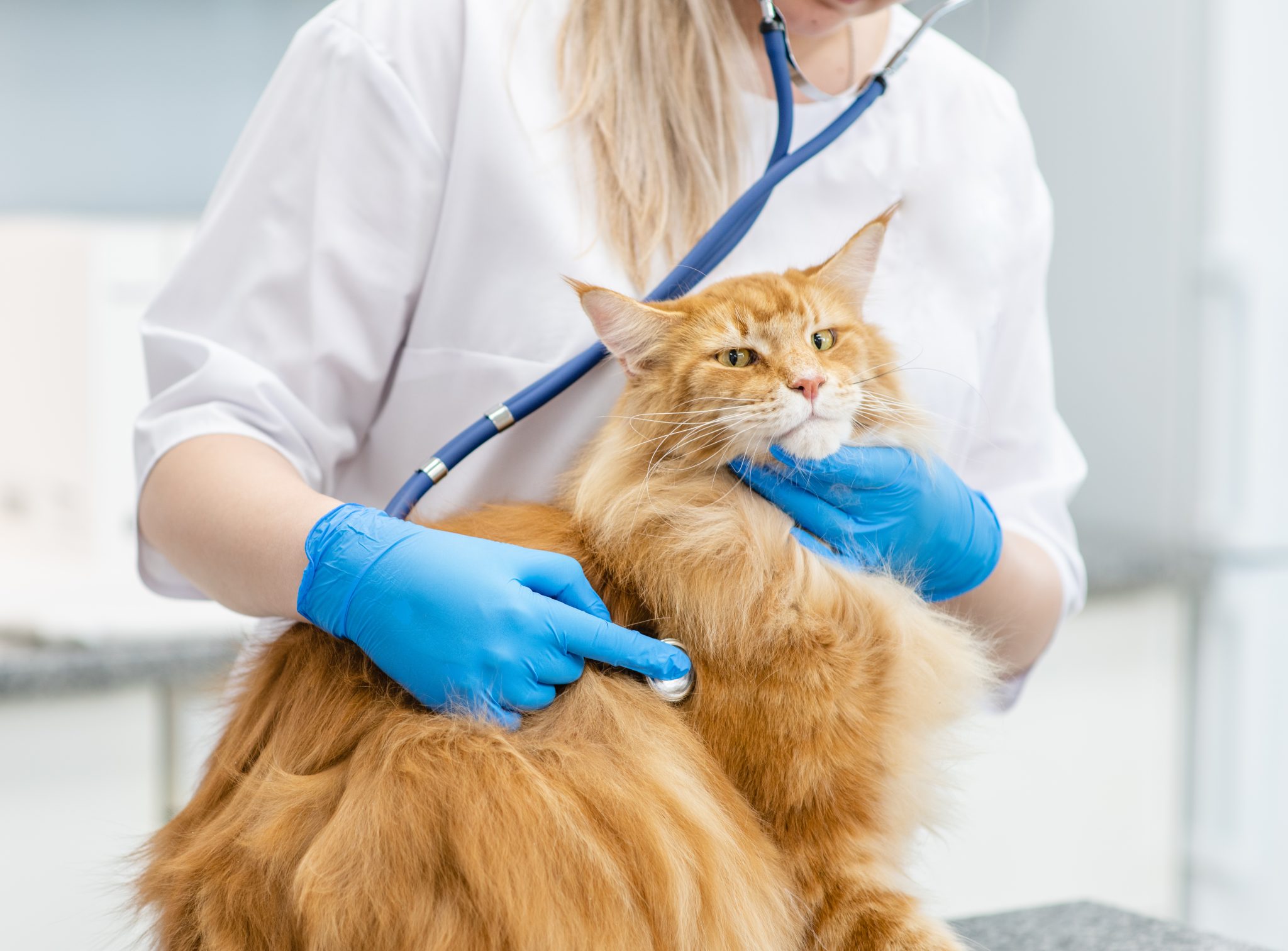

Frequently Asked Questions
Can a Cat Live With Hip Dysplasia?
Cats can live with hip dysplasia, but we must help manage our feline family member’s pain and discomfort. If you’re noticing lameness issues, you’ll want to talk to a veterinarian to help narrow down the issue and find treatment options. A range of treatment options exist, from surgical intervention to physical therapy.
What Is the Prognosis for Hip Dysplasia in Cats?
The overall outlook for cats with hip dysplasia is good. Your cat may need lifelong management, but it can be aided with dietary weight management and exercise in many cases. Newer treatments also help our cats; with options such as the newer Solensia injection, you may not have to give medications at home.

Conclusion
Maine Coons have a higher risk of hip dysplasia than many other cats, but selective breeding can decrease the frequency that we see it. If your cat is diagnosed with hip dysplasia, there are many options for management, but one of the most important is weight management.
Featured Image Credit: Gorodenkoff, Shutterstock

